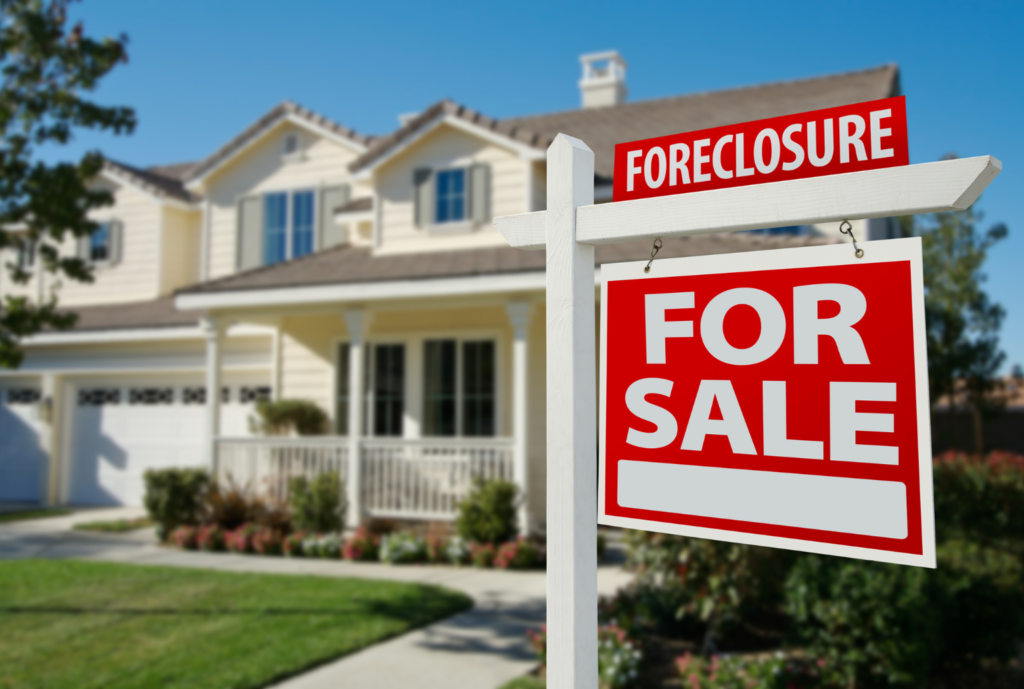It would be a huge understatement to suggest that the real estate market has been acting erratically lately. Everyone is searching for a deal because there are fewer homes for sale and loan rates are rising.
Could a bank-owned or "short sale" property provide the solution? Is it better to buy a short sale or foreclosure properties in the first place?
Economical home buyers are aware that properties advertised as short sales or foreclosures might sell for thousands less than their real value, resulting in savings that could be advantageous to a buyer in both the short and long term.
While there are some parallels between the two types of properties, there are also some significant differences that you should be aware of before investing.
Three of these properties have one thing in common: the current owners are all in financial trouble and are unable to make their mortgage payments. Anything from a job loss to a significant medical condition might cause that in life.
So, what are the differences?
The present owner of short sale homes is still in possession of them. They happen when an owner tries to escape foreclosure by selling their house for less than what is owed on their mortgage and the lender allows them to do so. When a property is "upside down" on its mortgage, meaning the owners owe more than the house is worth, this most frequently occurs.
The present owner is still in possession of a pre-foreclosure property that is on the verge of going into foreclosure because they have fallen behind on their mortgage payments. In general, a homeowner still has a chance to prevent foreclosure by making up any past-due mortgage payments, negotiating a mortgage modification, or selling their house.
A property that has already been taken back by the bank because of missed mortgage payments is referred to as a foreclosure. Since the previous owner is no longer involved, these are frequently referred to as "bank-owned" properties.

Should you buy a short sale home?
The fundamental advantage of all three types of properties is that they can provide excellent value for your money. The "cons" of every attribute, however, vary significantly in different ways, such as:
It's also important to keep in mind that other than these, you have to look at its physical aspect. You can generally bank on short-sale properties to be in decent condition, but you shouldn't. For instance, a homeowner who is unable to make their mortgage payments is also likely to be unable to make necessary repairs and maintenance.
Pre-foreclosure homes and foreclosures come with added risks, including the possibility that you, as the new owner, may be responsible for any unpaid taxes or liens on the property. That's a big risk, particularly if the home's previous owner was in serious financial trouble before it was abandoned or taken back by the bank. Before submitting an offer on a home that is held by a bank, you should conduct your research so that you are prepared.
So, should you buy a short sale home or is it now a bad idea?
The opposite. Simply put, it means that you must approach the process with the expectation that there may be issues and delays. When taking this path, patience is unquestionably a virtue that will pay off. Here are some suggestions to help make the procedure less intimidating overall:
Purchasing a bank-owned or financially troubled property is a huge decision; however, working with a real estate expert who is familiar with the procedure, the necessary paperwork, and the potential for delays can help you obtain the result you deserve.